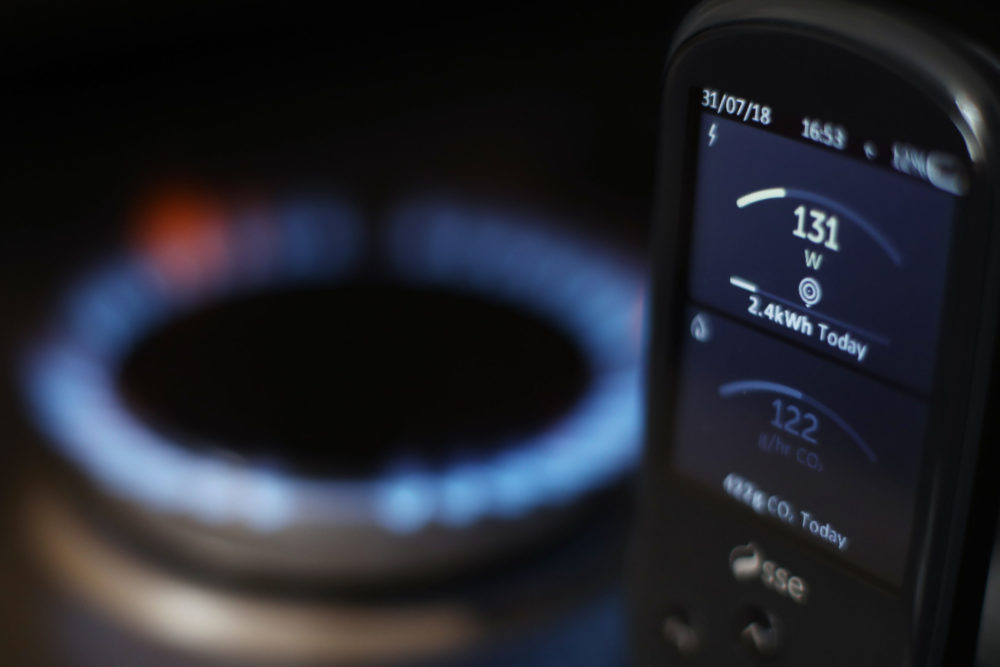Ofgem to consider ‘time-of-use’ price cap for households

Ofgem is to consider a new “dynamic” price cap based on the time of day households use their energy, it has announced.
The regulator has launched a consultation on a range of options for the future of the price cap, including a “more dynamic cap” with “time-of-use dependent unit rates to encourage consumer flexibility”.
Ofgem said the increasingly renewables-dominated electricity sector would reward consumers for shifting the time of their energy consumption, which would in turn reduce costs for everyone.
Universal price cap
As more households adopted time-of-use tariffs, it could become harder to retain a universal price cap that was suitable for everyone.
The introduction of half-hourly settlement from 2025 – when smart meters will record energy consumed every 30 minutes – is expected to lead to a growth in smarter time-of-use tariffs that reward customers for being more flexible in their energy usage, Ofgem said.
This would allow consumers to benefit from cheaper energy when renewable generation increases, such as when it is particularly windy or sunny.
Other options include a targeted cap which could be based on a variety of factors such as vulnerability, and more flexible, market-based price protections such as setting a limit between a supplier’s default tariff and tariffs available in the market, capping the margin suppliers are able to make, or replacing the cap with a ban on acquisition-only tariffs.
Ofgem said the price cap, along with the temporary ban on acquisition-only tariffs, had worked well to protect customers from the “loyalty penalty”, where customers on default tariffs paid higher prices, and from the worst of the recent volatile markets and wholesale price surges that were a result of the energy crisis.
Consumption
It said energy retail markets were changing as increasing numbers of consumers changed their energy consumption and begin using electric vehicles, heat pumps and solar panels.
Tim Jarvis, Ofgem’s director general of retail and markets, said: “While the price cap played an important role in protecting consumers from the loyalty penalty that existed before its introduction, the energy market is changing as we move to net zero and we recognise the systems we have in place may need to change too.
“We’re looking in detail at the elements of the price cap that have worked well and the challenges we’ve identified in recent years, while also considering how a wide range of future consumers will use and pay for energy to make sure we develop the right measures that will protect and benefit consumers across the board.
“We will continue to work with government, industry, consumer groups, charities and the public on the future of pricing regulation. Our aim is ensure the market works for everyone.”
Support our Nation today
For the price of a cup of coffee a month you can help us create an independent, not-for-profit, national news service for the people of Wales, by the people of Wales.







When smart meters were introduced the writing was on the wall towards higher energy costs on the way. The offer of cheaper electricity at off-peak times is being hailed by electricity companies as if tgey are doing us a big favour but not much is being said about how much higher the cost might be at peak times. These smart meters are capable of calculating the times when each household uses the most electricity and gas and will obviously be charging more at those times. They can even tell which appliance is being used. The UK must be the biggest… Read more »